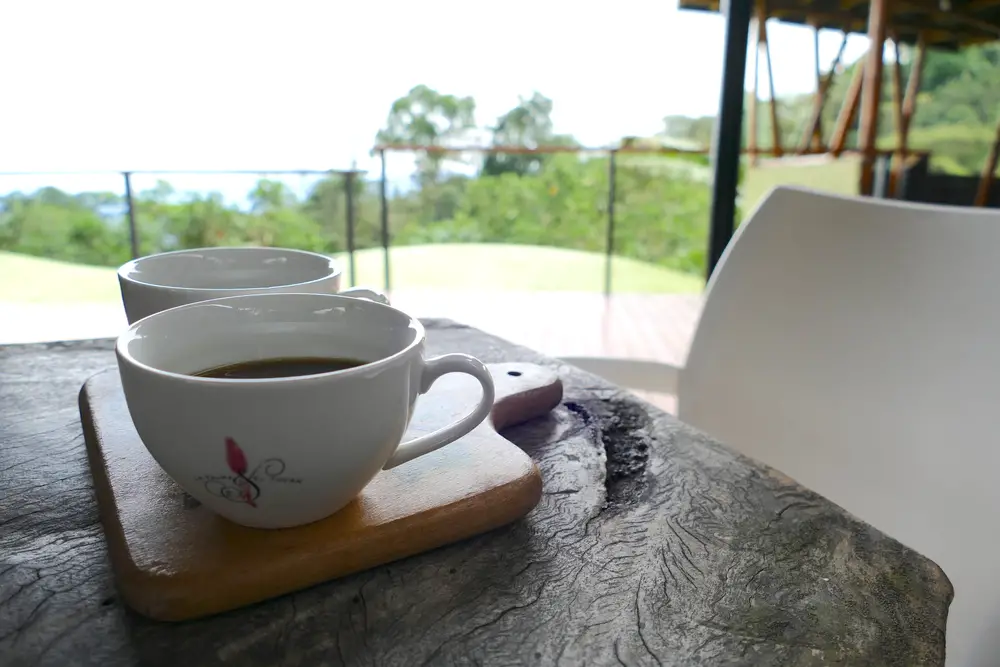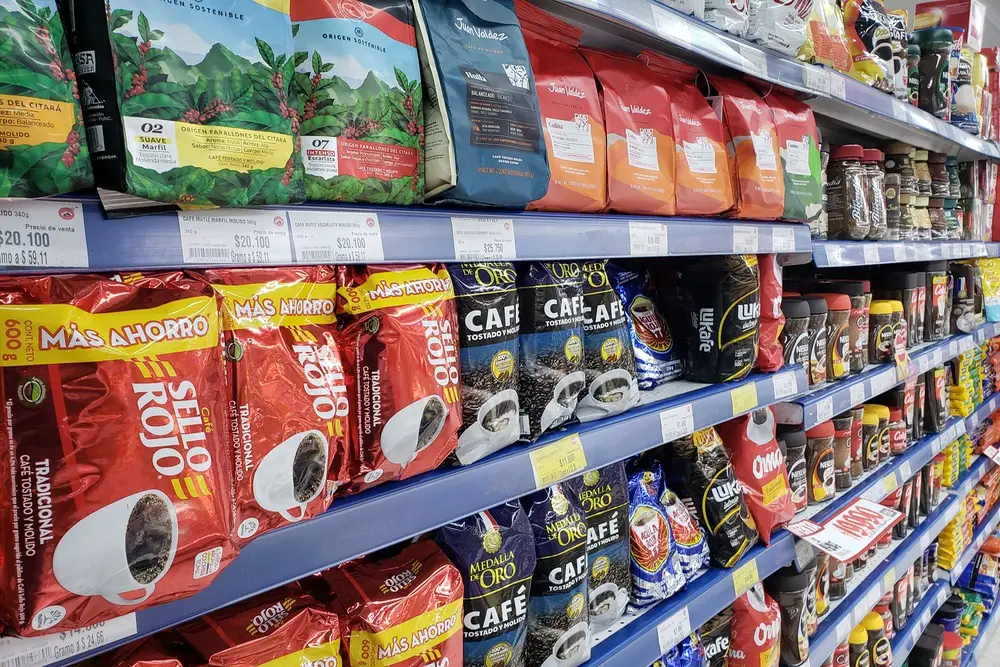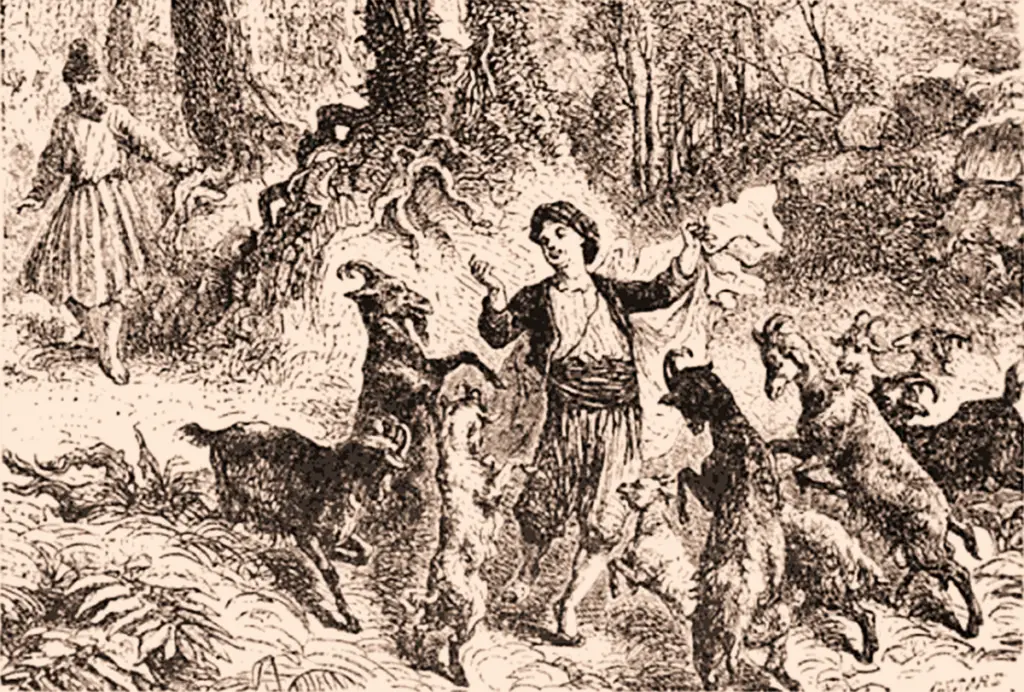Many of us associate coffee with dawn. But coffee wasn’t always part of people’s daily routines. In fact, the foods and drinks we associate with breakfast have become more and more commonplace over time.
Table of Contents
Coffee as part of breakfast
In Europe, coffee only became a popular drink in the 19th century, so for centuries people started their day without a daily dose of coffee. Before coffee became the staple breakfast drink for millions of people, many started their day with alcohol.
For the ancient Egyptians, the morning meal consisted of bread and beer, while the ancient Greeks and Romans preferred wine. As far back as pre-industrial Europe, when pollution made drinking water impossible, “beer soup,” made from wheat grains or hard rye bread and beer with melted butter, was a popular breakfast option.
The reason coffee has become so popular for breakfast is because of the caffeine. Breakfast was a by-product of the industrial revolution in the 18th and 19th centuries.
The invention of breakfast
- In medieval Europe, early eating was only a necessity for those who worked so early they had to eat earlier, or for the old and sick.
- The modern breakfast emerged in the 16th century as a side effect of the invention of the concept of work. A good breakfast made it possible to work longer.
- With the industrial revolution and the shift from farms to factories, the idea of breakfast became even more formalized.
- If the 9 to 5 time hadn’t been invented, there might not have been breakfast.
Alcohol as a breakfast drink
In different social circles in different countries there were obviously different traditions as to what to drink as a morning drink.
There are many references to alcoholic and fermented beverages for breakfast throughout history. It is said that in the 1890s British soldiers started their day with rum and tea, children in the United States drank cider, and in Germany a beer soup was the preferred morning drink.
- The introduction of coffee in the late 18th and early 19th centuries, transforming it from a drink for the upper echelons of society to a more democratic drink, completely transformed Europe.
- The reason beer was so popular at breakfast was because of its calories. Back then, the calorific value of beer gave workers an energy boost.
- In the European Middle Ages, manual work such as farming or bricklaying was common and required a lot of energy.
- But when coffee was introduced to European workers in the 17th century, it proved to be a superior source of energy, and hundreds of coffeehouses opened.
Conclusion
Coffee is not just a morning drink, it is the food of the late morning and early afternoon breaks in the office, it is said to have fueled the intellectual ideas of the French Revolution and is often served with a long meal in Europe.



